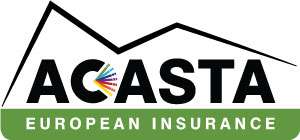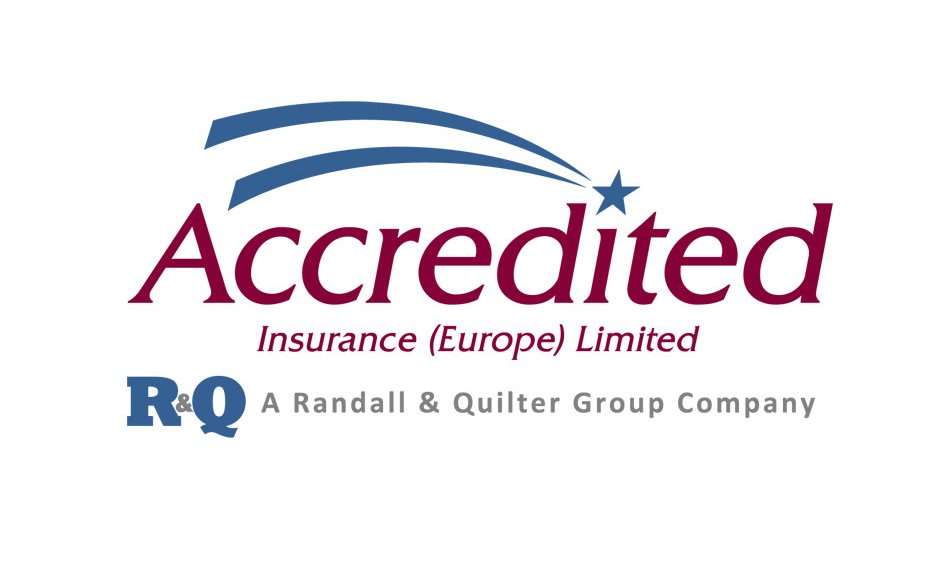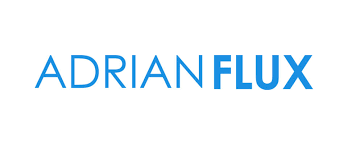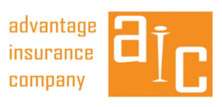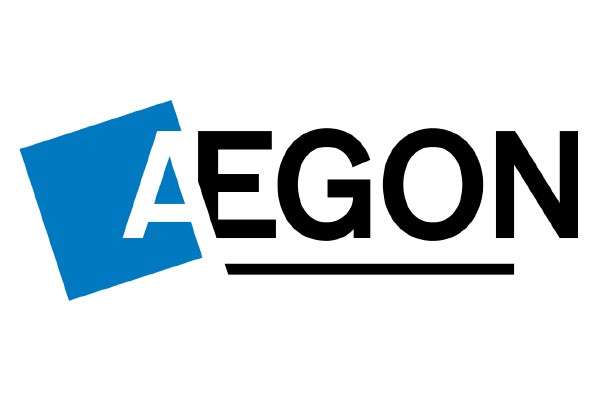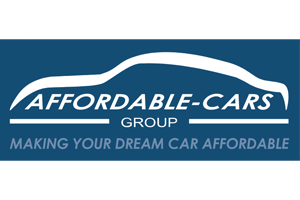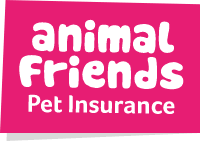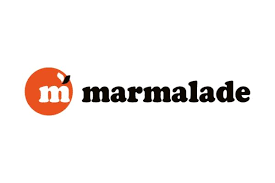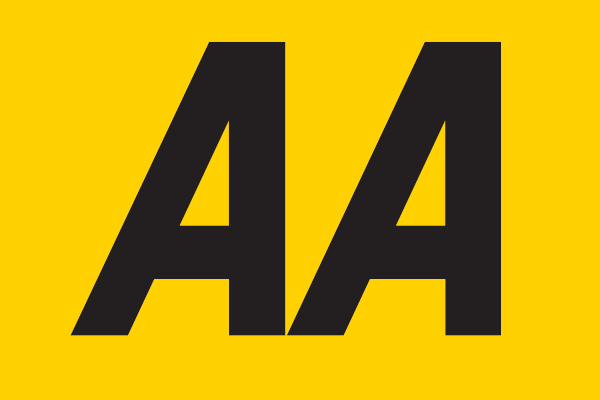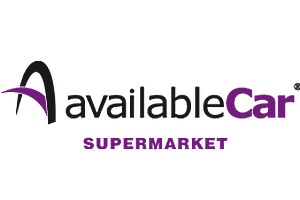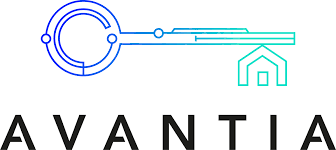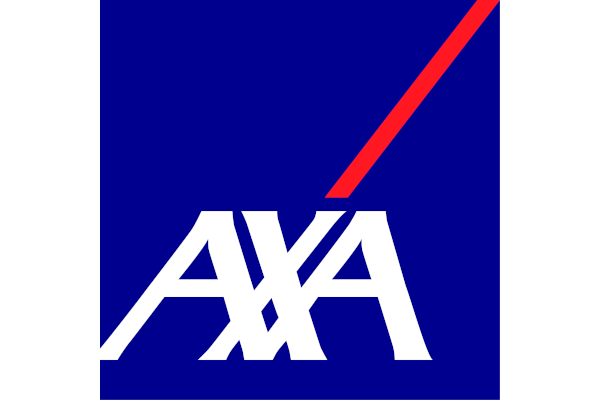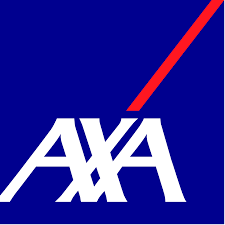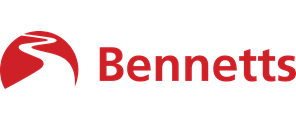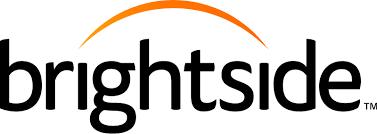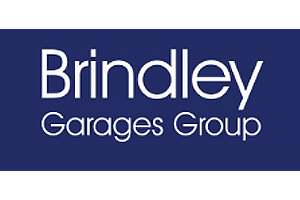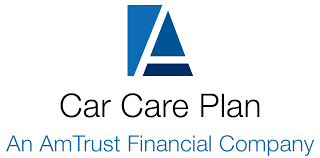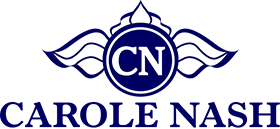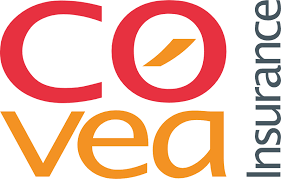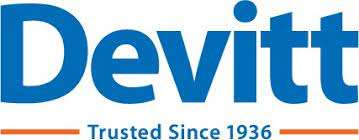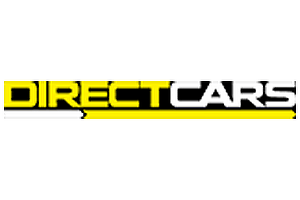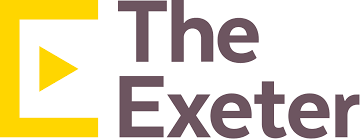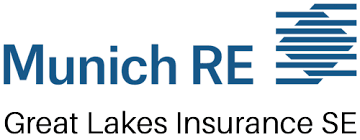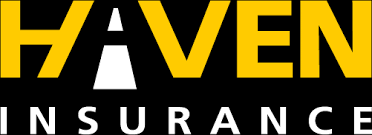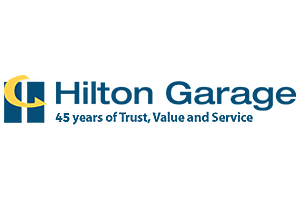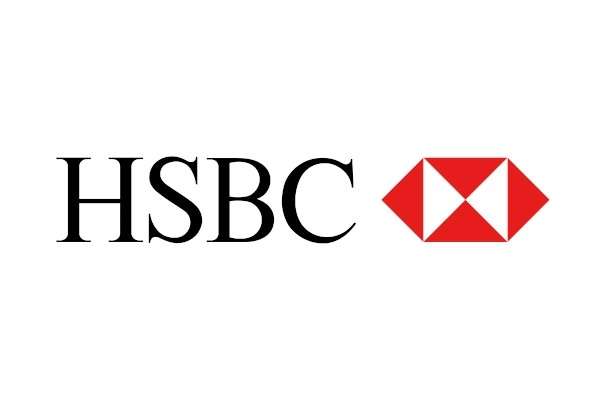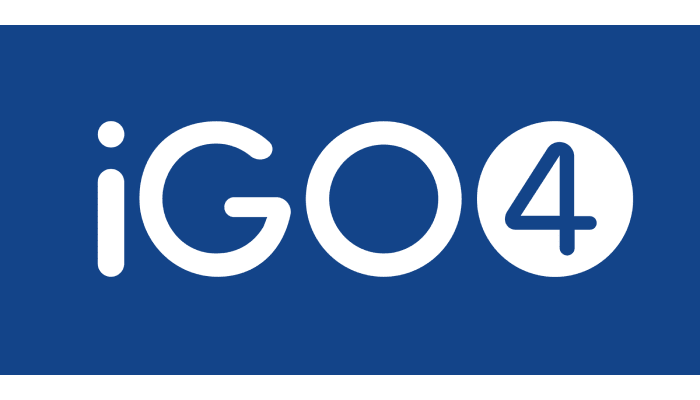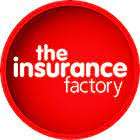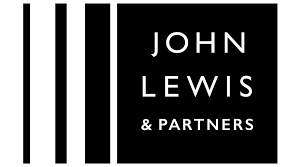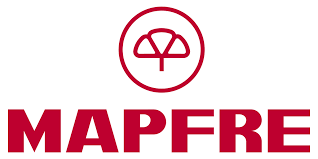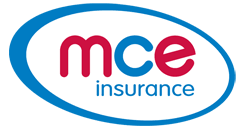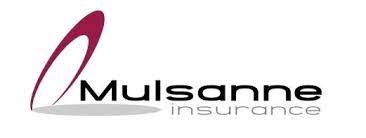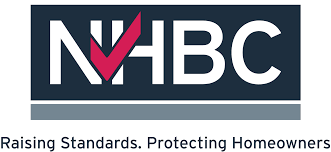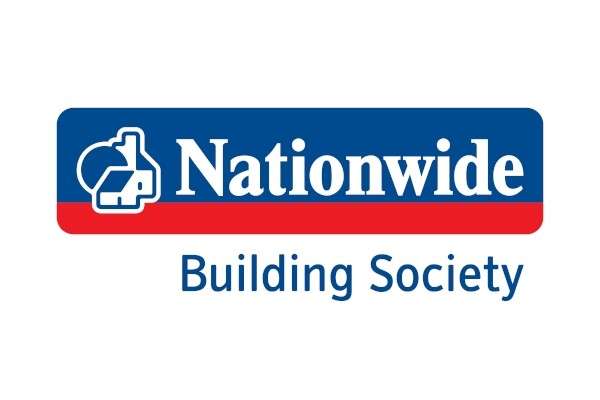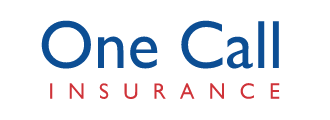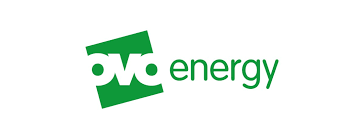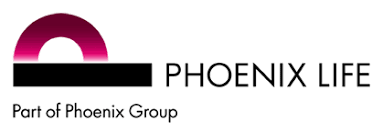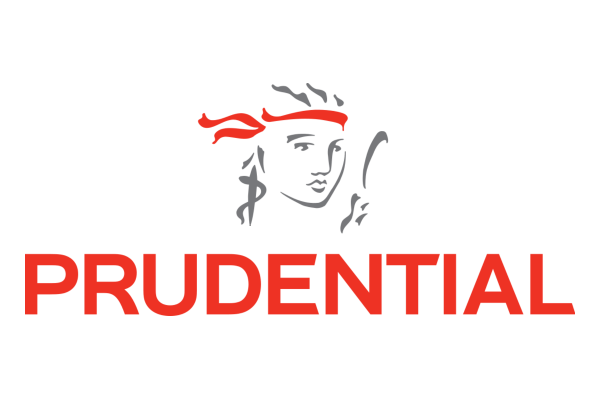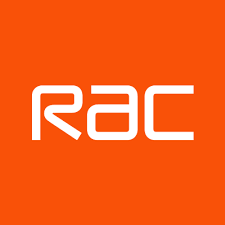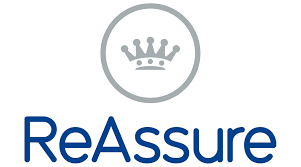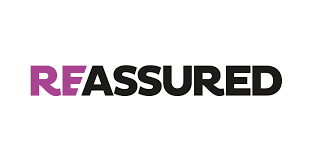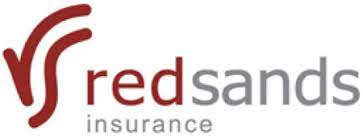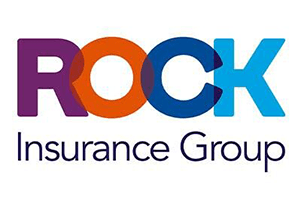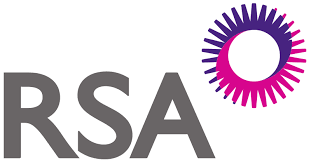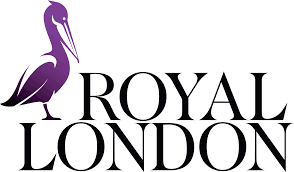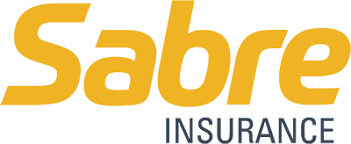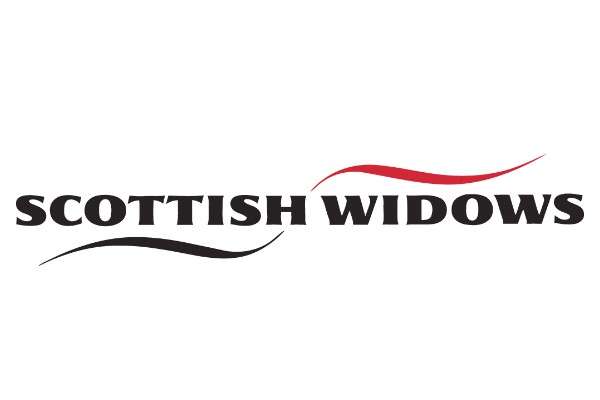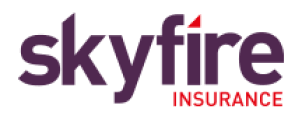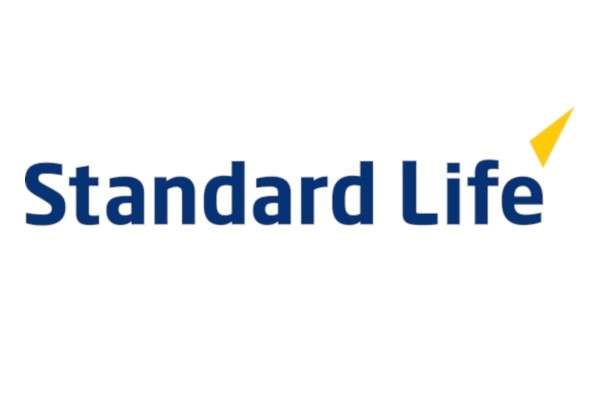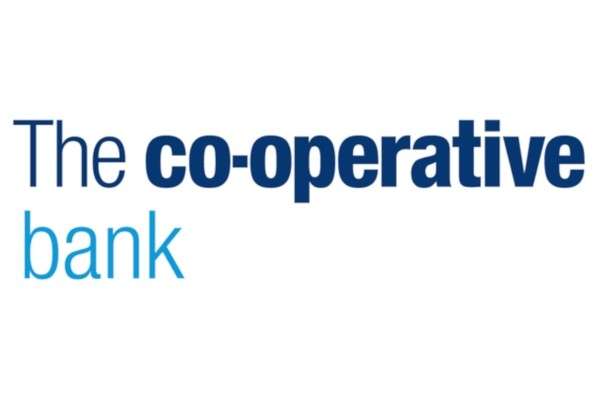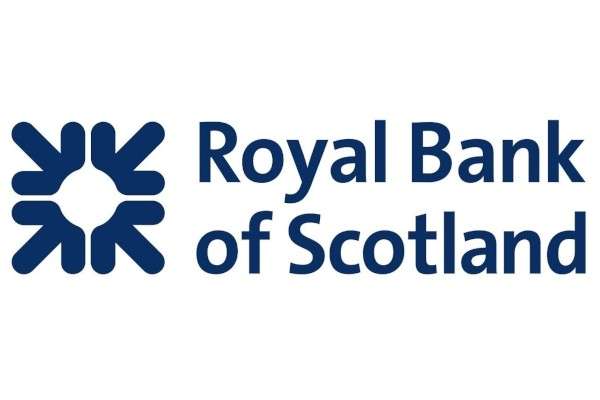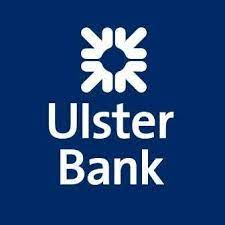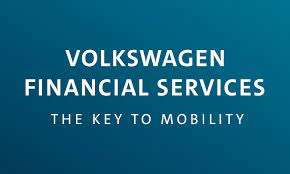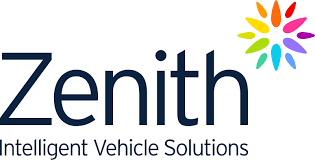Commercial Vehicles
Understanding commercial motor insurance & the claim process
Commercial motor insurance covers policies for all different types of vehicles. Specifically, business car insurance purposes. All on road vehicles must have insurance cover by law. Many different types of vehicles do fall under the commercial vehicle insurance umbrella.
Search for a Company to begin a Claim
Examples of commercial vehicles covered by this type of motor insurance include:
- Company cars and other cars used in association with the business
- Goods-carrying transportation such as trucks and HGV’s and van insurance. Although the goods being carried are not covered under this policy. Therefore requiring the need for transit insurance also.
- Vehicles that are responsible for transporting passengers such as minibuses and taxis·
- Hire vehicles whether that be: public, private, self-drive, agricultural or construction hire.
Businesses with two or more vehicles would benefit from Fleet Insurance. This type of insurance is beneficial to businesses that want to save time and money and insure many associated vehicles.
Employers are responsible for providing adequate business motor insurance for all driving employees. This takes the liability away from the individual during an accident.
Types of motor insurance
There are three different levels of cover with commercial motor insurance. The cheapest cover is Third Party Only. If you were driving a company car or business vehicle and had an accident third party injury or damage claims would be covered with this policy. However, any damages to your own vehicle will not be covered and will be at the expense of the business.
The second cover level is Third Party, Fire and Theft. This has the same protection as the basic third party cover but also protects against theft and fire damage. The most expensive cover available is comprehensive which offers full coverage against damage.
Businesses may also have restrictions on the types of drivers that can use business vehicles. Typical limits include age limits, driving license holder length and any previous convictions.
It is doubtful that employees or drivers will be involved in the decision making process for the type of policy that is necessary. However, it is important that before driving any commercial vehicle that you are aware of the policy in place and how you will be covered.
Making a commercial motor claim
Having to make a commercial claim for a vehicle can be a stressful process for all. In the event of an accident, it is essential as the driver to ensure you do as much at the scene that will help your claim. It is a legal requirement that drivers stop at the scene of an accident if there is property damage or any injuries. Stopping at the scene will also allow you to gather as much information as possible which is the driver’s responsibility not that of the business.
It is important to be fully prepared for accidents when driving business vehicles. Keep in your car a notebook, pen and disposable camera so you can be in a position to act accordingly at the scene of an incident if feasibly possible.
The much detail you can get at the time the better. You should gather all driver and car details of those involved.
Your first point of contact should be an authorised business insurance provider or insurance broker authorised and regulated by the financial conduct authority. The business you work for will already have this provider in place and should have made you aware of what to do in a case of emergency and who to contact.
The policyholder for the vehicle will need to claim with the insurers and should be able to provide relevant details of those involved and damage caused. A dedicated claim handler will then be assigned to the case and will be able to assist with repairs needed etc.
It is vital to make a claim straight away as soon as the accident or theft takes place. The process should not be difficult if offered sufficient support from the insurance broker involved. The claim process falls to the policyholder, so it is essential that you are fully aware of the policy type for the business vehicle or company car you are driving. To make the claim process even easier make sure you get as much information from the scene of the accident as you safely can ensuring you have all the relevant information needed. Follow our tips and act quickly to guarantee a smooth claim process.


